Q&A: Master in Design for Digital Experimentation at Elisava
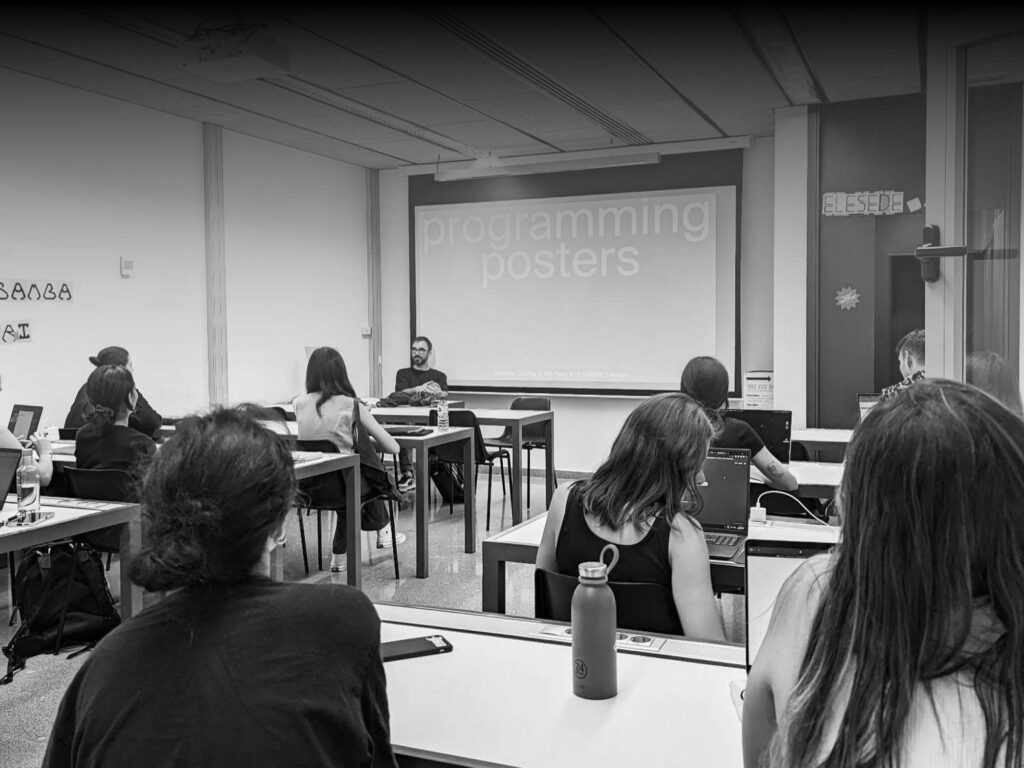

From September 2024, I will be teaching in a new program called “Master in Design for Digital Experimentation” at Elisava in Barcelona. This is a great new challenge for me. Irene Pereyra is in charge of this Master’s program and asked me a few questions that made it clearer to me where I want to go.
How do emerging technologies like AI and IoT impact design practices, and what new roles do you see for designers in this changing landscape?
Designers have a much greater responsibility today than in the past. Their work often has an impact on the behavior of millions of people. Innovations are entering our world at an unprecedented pace, affecting the systems we are involved in, in complex and unpredictable ways.
I think as designers, we need to ask more critical questions today than ever before. We need to expand the concept of design and venture into spaces that were previously reserved for engineers, programmers, architects, philosophers.
I strive for a holistic understanding of design in order to assess technologies such as AI and IoT historically, systemically and ethically. Of course, I am totally aware all this sounds bold and not pragmatic at all. But my goal is not to provide definitive answers. I want to identify and ask the right questions with my students.
What responsibility do designers have in addressing the ethical challenges posed by technology, particularly in areas such as user privacy, data security, and algorithmic bias?
From my point of view, “ethics” is a notion that currently receives too little attention in the field of design. In ancient Greece and Rome, reflections on the “good life” for the individual and the community were a fundamental part of the public discourse. The stoic philosophers, for example, saw a fulfilled life solely in terms of contributing to a functioning community. I think we should now dedicate a modern renaissance to these ideas. Issues such as data security and algorithmic bias are such pressing problems because we have been forced to quickly adapt economically and culturally overwhelming complexities. Instead of just fighting these fires, we should take the time to ask ourselves how, where and by whom they were set. We should strive to understand which strategies could potentially make us more resilient in the future.
Another thought I want add, after reading this text again: It is very true that we finally discuss specific topics that have been ignored for decades. It’s amazing that we speak about diversity and finally try to get rid of inequalities inside of companies´s, institutions and whole societies. But at the same time, especially in tech, these important discussions steer the focus away from the fact that technology causes enormous damage to humans and nature.
What role does cross-disciplinary design collaboration play in addressing future challenges?
Networking the disciplines and closing the gaps between technology and design is probably the biggest challenge in developing a resilient designer personality. To do this, we need a culture that leads us away from individualism and towards collectivism. We should forget the idea of the designer as a hero and use our strengths as communities. Some modern tools help us to do this, while others don’t and even harm us. We need to use creativity and design to shape the conditions in which creative work can be done collectively.
How can design foster a culture of attention rather than distraction, especially in an era dominated by information overload?
That’s a great question. I think it’s about asking what has been buried in the rush of innovation promises over the last 30 years. What could fairer and more sustainable social communication and information structures look like? How did it happen that we outsourced our entire digital infrastructure to American monopolies? What price do we pay for what we get? I want to explore alternative concepts and cultures such as Slow Media, Permacomputing, Frugal Innovation or Low Tech to question and rethink these structures together with my students.
Related
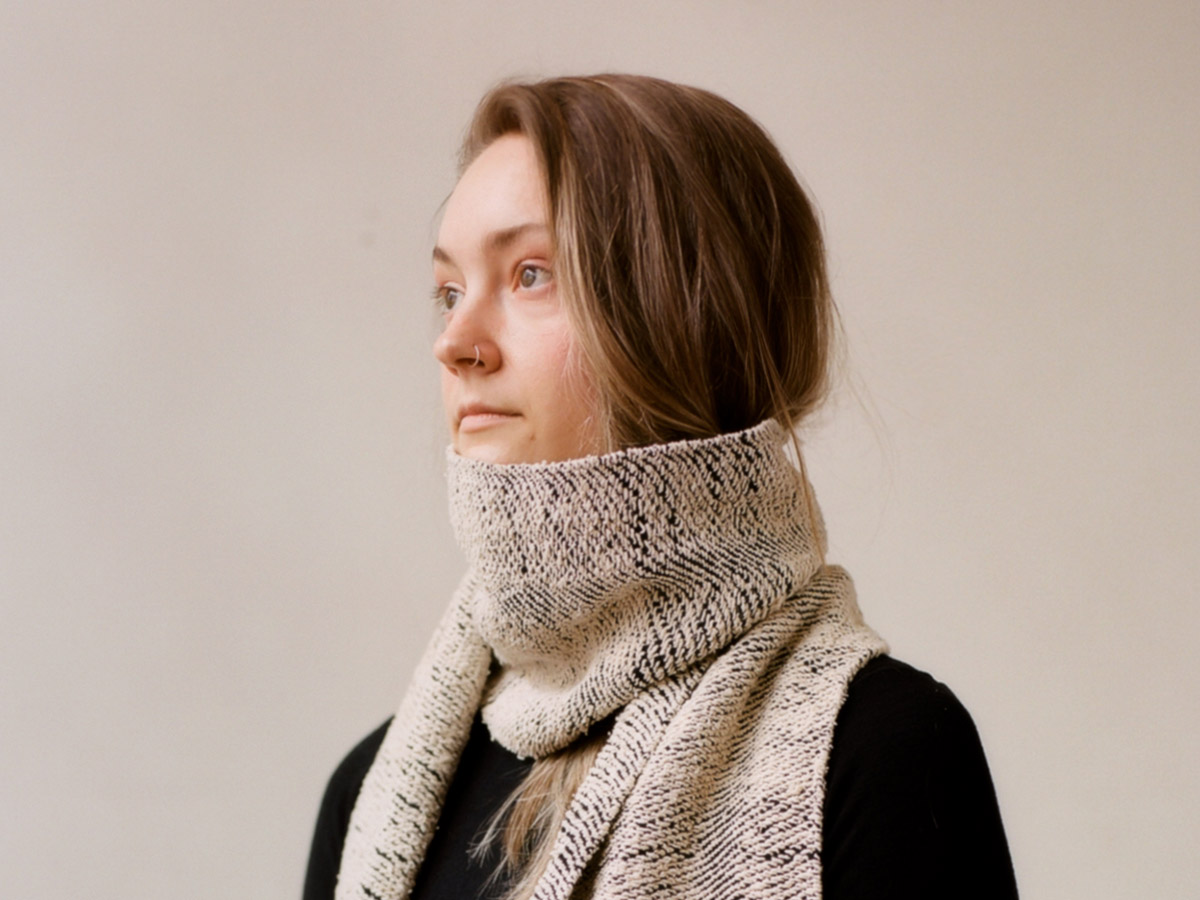 Sam Griffith connects Creative Coding with Enviromentalism
Sam Griffith connects Creative Coding with Enviromentalism
In this post I’d like to introduce you to Sam Griffith, a talented graphic designer based in Detroit, to discuss […]
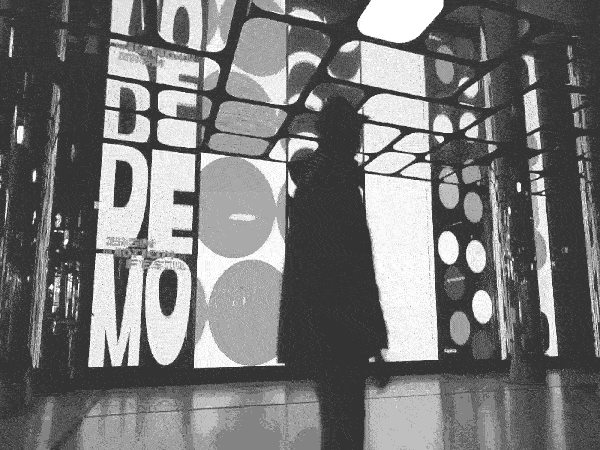 128kb at DEMO Festival 2025
128kb at DEMO Festival 2025
Hi friends! I will be in the jury of the DEMO Festival again, which is a great honor to me. […]
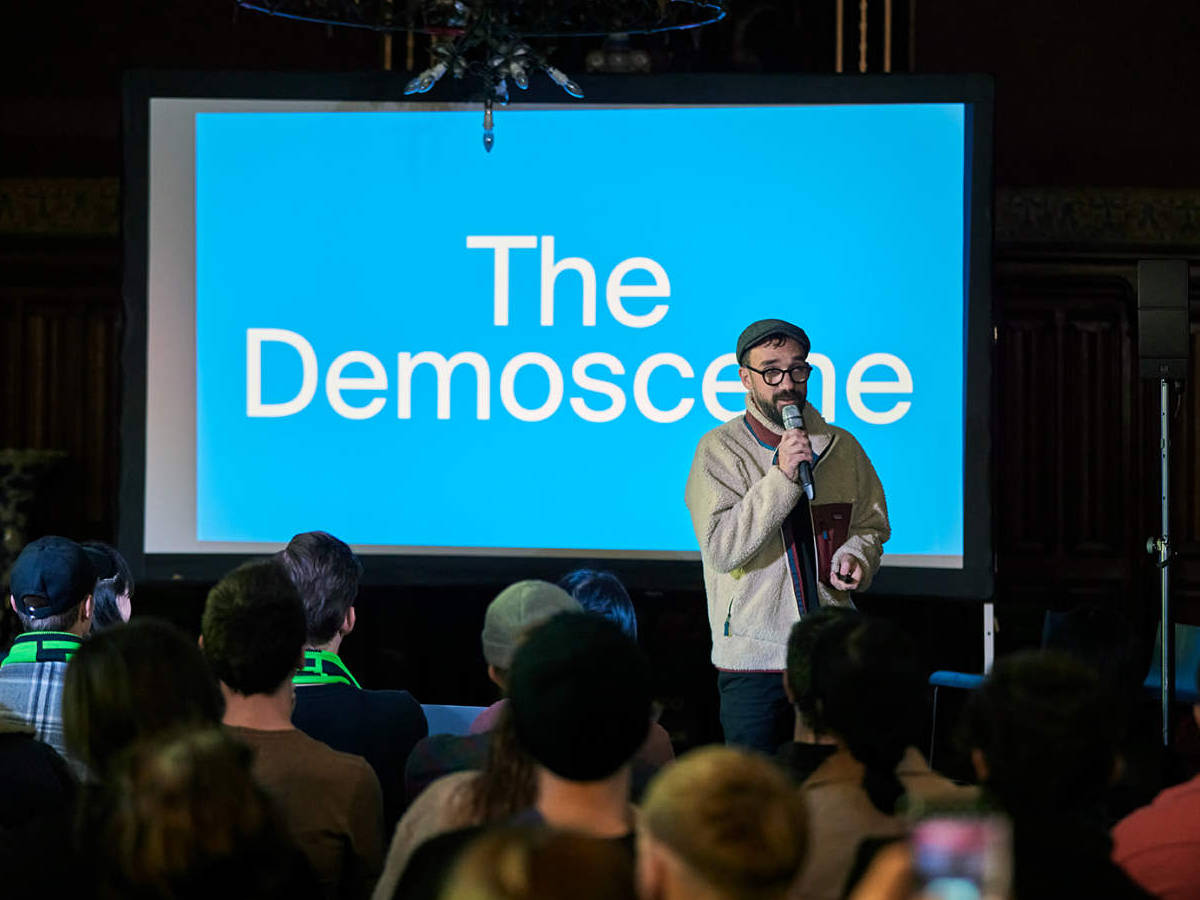 Throwback: My Talk at Demo Festival 2022
Throwback: My Talk at Demo Festival 2022
The next edition of the DEMO Festival is already approaching and I am currently developing a brand new talk for […]
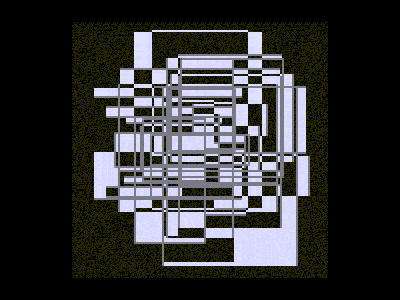 Powers of Two – 128kb by Lena Weber
Powers of Two – 128kb by Lena Weber
20 = 1 21 = 222 = 323 = 824 = 1625 = 3226 = 6427 = 128 … »In […]
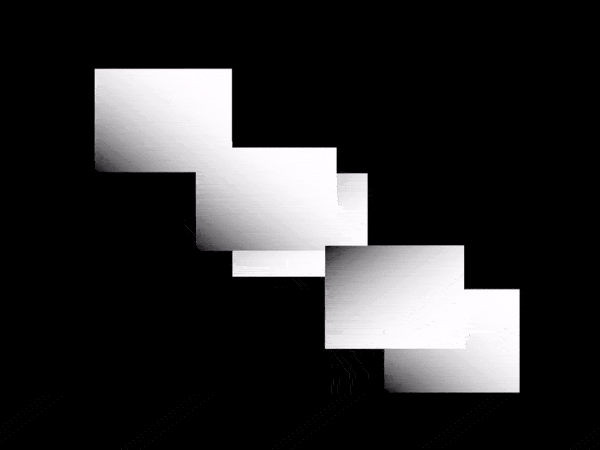 A Call for Coding Designers
A Call for Coding Designers
This is a call for coding designers. It aims to serve as a proposal and a provocation for creative work […]
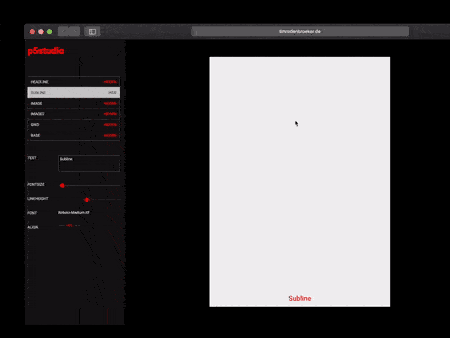 p5.js Design Tools Directory
p5.js Design Tools Directory
Hi! In this post I’ll collect case studies and direct links to tools that people have built with p5.js and […]
 A p5.js starter template for the 128kb Challenge
A p5.js starter template for the 128kb Challenge
Your 128kb journey starts here! This is a template you can use to start developing your idea within the 128kb […]
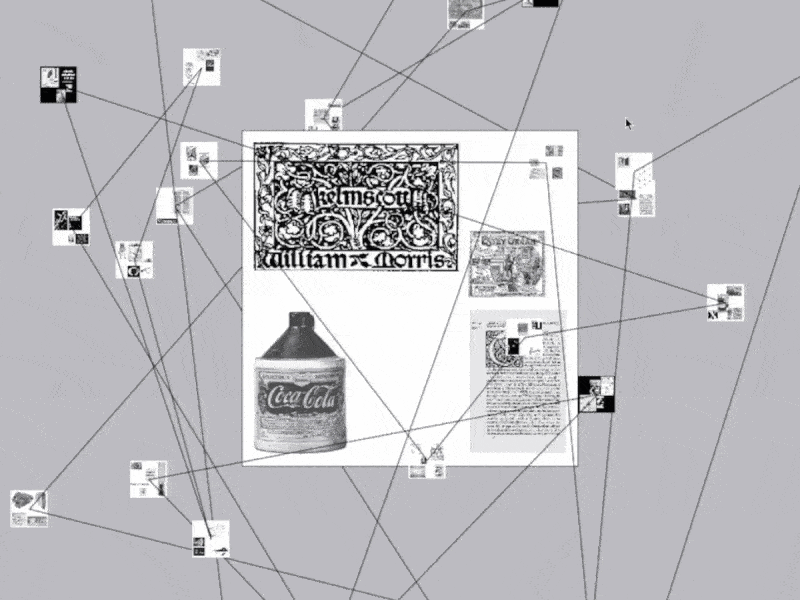 Omid Nemalhabib explores the intersection of Creative Coding and Perso-Arabic Typography
Omid Nemalhabib explores the intersection of Creative Coding and Perso-Arabic Typography
In 2022, I spontaneously posted a story on Instagram: If anyone out there is also in Rotterdam, I’d love to […]
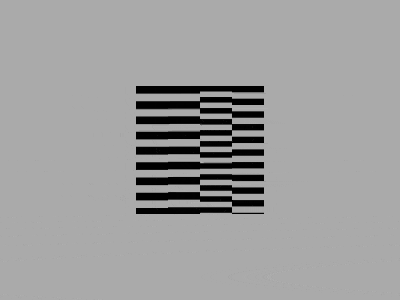 The 128kb Framework and its Aesthetic Characteristics
The 128kb Framework and its Aesthetic Characteristics
One day in early 2024 I started to experiment with a new idea. I wrote down a set of rules […]
 A conversation with Talia Cotton
A conversation with Talia Cotton
During OFFF Festival here in Barcelona, many interesting people come around! This interview with Talia Cotton came about almost by […]
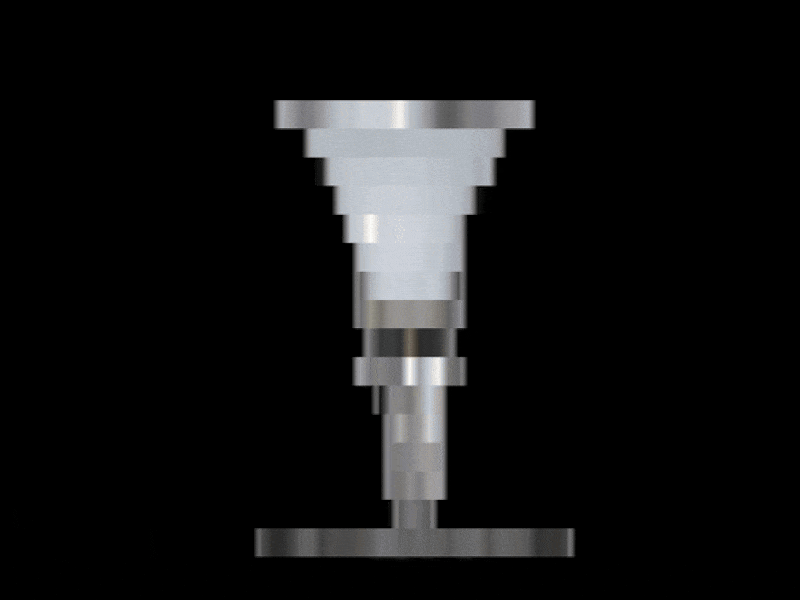 Lena Weber about her collaboration with A. G. Cook
Lena Weber about her collaboration with A. G. Cook
Lena: This 10-minute visualiser for A. G. Cooks album teaser featuring my python archive generator, is one of my favourite […]
 A conversation with Anna Shams Ili
A conversation with Anna Shams Ili
Hi Anna! It was super nice to meet you at the PCD CPH, I really liked your talk in which […]
 Coding Systems: New Workshop Dates!
Coding Systems: New Workshop Dates!
When I held Martin Lorenz’s new book in my hands and turned it onto its back, I was a little […]
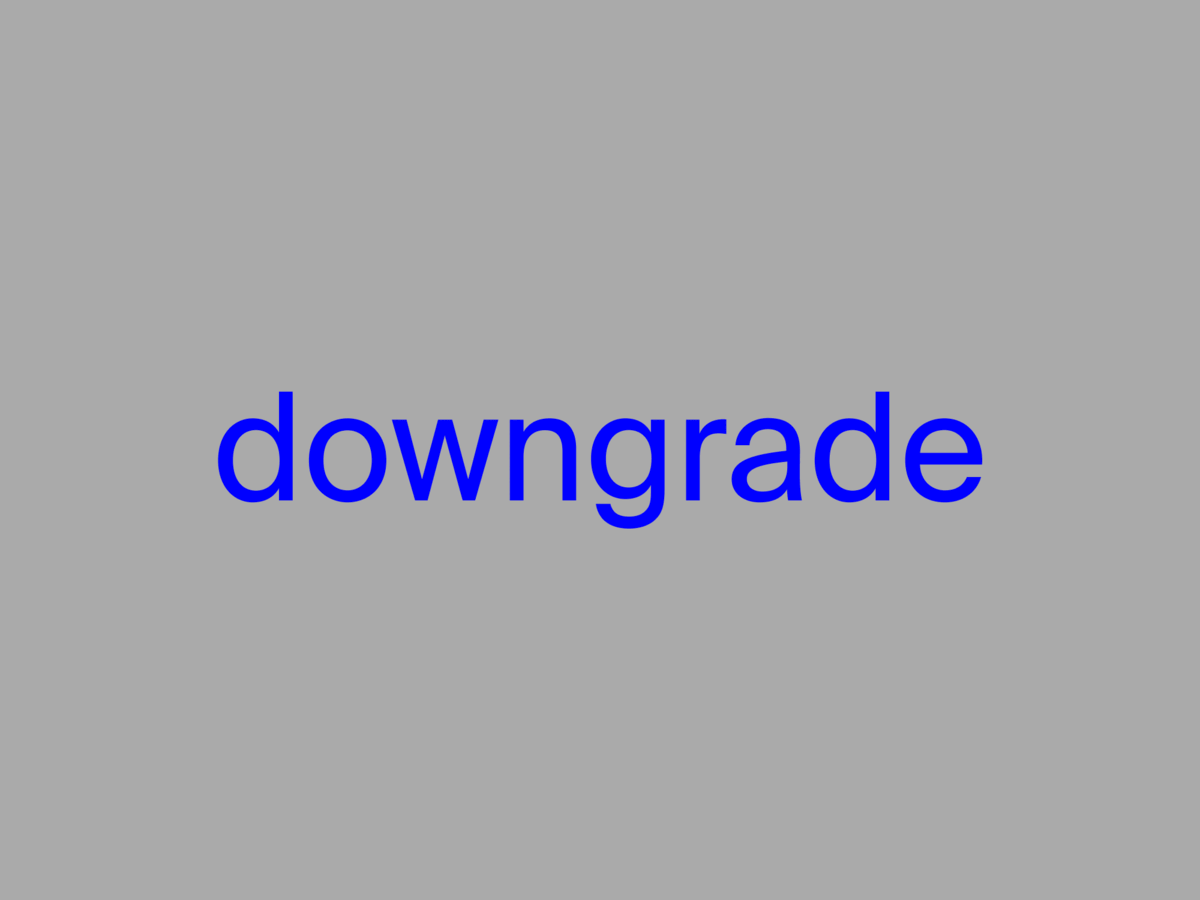 My new writing project “downgrade” is live
My new writing project “downgrade” is live
Hey folks, I hope you are doing great! You may have already read one or two of my essays that […]
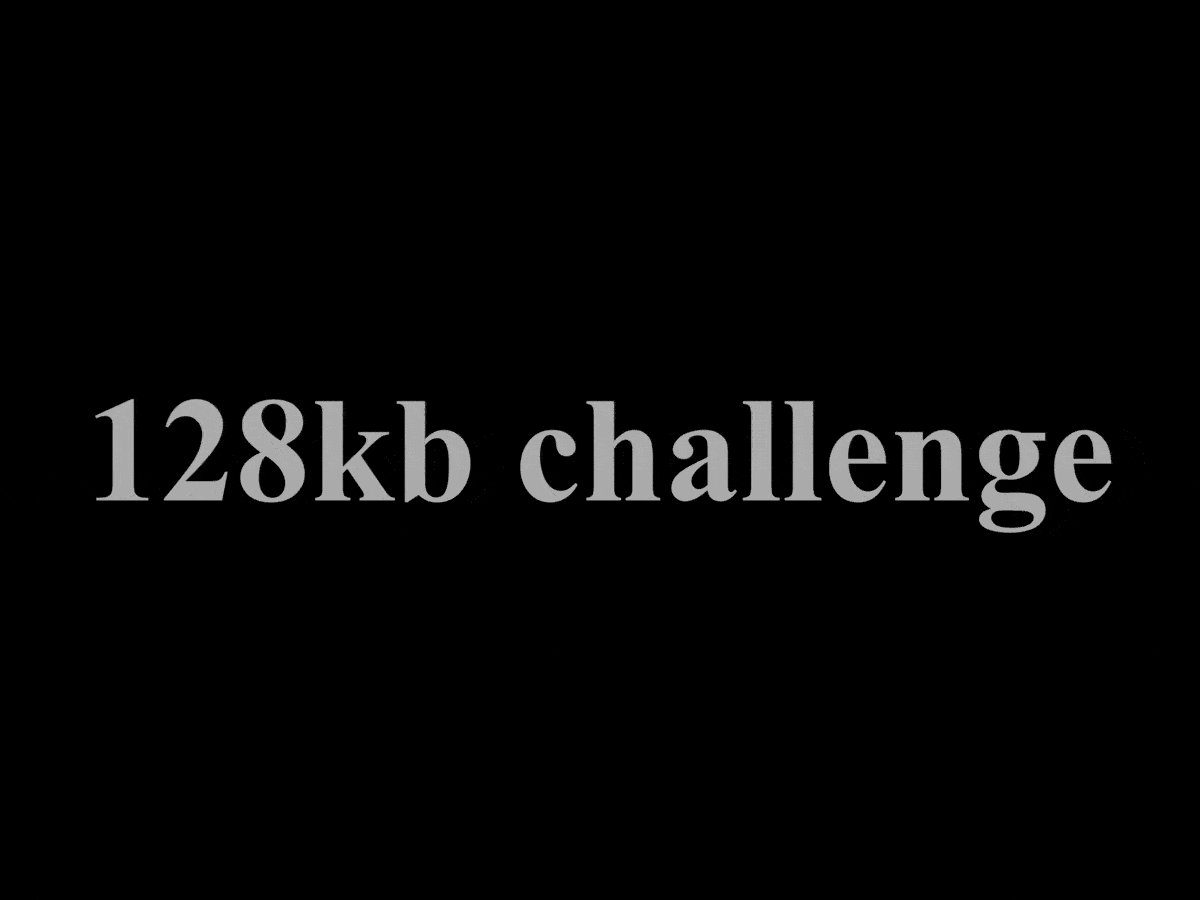 Join the 128kb challenge!
Join the 128kb challenge!
Instagram, Twitter, TikTok… All the main platforms that technically have the required features to connect emerging communies for Creative Coding […]
 Ruder Processing Unit by Kevin Koch
Ruder Processing Unit by Kevin Koch
In my teaching at universities and in workshops, I have met many very enthusiastic and highly talented people who have […]
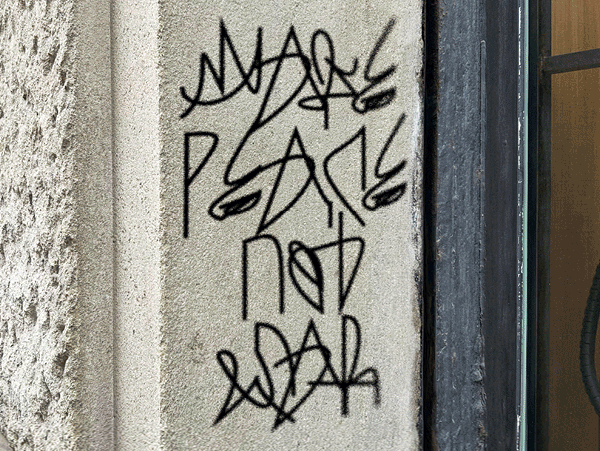 Computer Cursive by Tay Papon Punyahotra
Computer Cursive by Tay Papon Punyahotra
One of the first exercises I assign to my students in my seminars is called “Random Compositions”. Basically, it’s quite […]
 A reflection on Processing Community Day Copenhagen 2023
A reflection on Processing Community Day Copenhagen 2023
I’ve been travelling a lot in the last few months. Still, it was only during a short stay in Copenhagen […]
 Ksawery Kirklewski on his Symphony in Acid
Ksawery Kirklewski on his Symphony in Acid
For me, it’s by far the most inspiring project of the last few years: “Symphony in Acid”, a collaboration between […]
